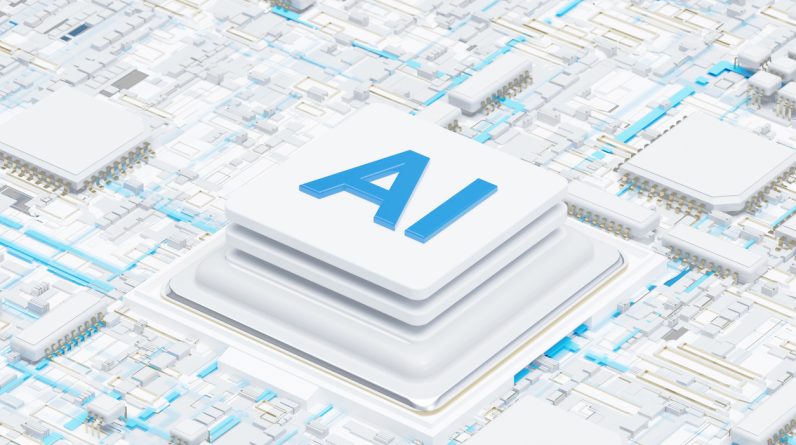
Automation and artificial intelligence (AI) are reshaping the core of how retail businesses forecast, manage risk, and drive profitability.
Customer expectations are growing as supply chains become more complex and margins tighten, forcing finance leaders across Australia’s retail sector to recognise that data is their most valuable currency. Retail finance teams must evolve from scorekeepers to strategic enablers to remain competitive, armed with intelligent tools and accurate insights to support agile decision-making at speed and scale.
Retail CFOs operate in an environment of constant pressure with increasingly complex supply chains, evolving regulatory demands, rising consumer expectations, and razor-thin margins. These challenges make it critical to embed automation and AI into core finance functions. However, technology alone isn’t the answer. If finance leaders don’t trust the data, they can’t rely on the outputs. Automation must be built on a foundation of structured, reliable, and accessible data to deliver real business value.
Retail businesses generate vast volumes of data across sales, payments, suppliers, inventory, and customer interactions. The challenge is in making that data usable for finance teams. Integrating the right automation tools into workflows moves finance teams from reactive reporting to proactive performance management, letting them identify trends, forecast outcomes, and guide strategic decisions across the organisation. This shift positions the finance function as an indispensable partner to operations, merchandising, and executive leadership.
Retail finance leaders are not just managing numbers; they’re managing complexity. Finance needs clarity, whether it’s multi-channel revenue, foreign currency reconciliation, or inventory cost attribution. Automation eliminates the noise by handling high-volume, repetitive tasks, giving finance professionals the time and visibility to address risks early, strengthen forecasting, and accelerate close cycles. That’s how finance shifts from the back office to the front line of business performance.
Retailers embracing this transformation are already seeing tangible results. Leveraging intelligent automation to streamline high-volume, high-friction tasks frees finance teams to focus on strategic initiatives. These gains aren’t theoretical; they’re happening now across leading Australian and global retail organisations, including BlackLine customers like Officeworks and Ebay.
For example, Officeworks was experiencing business growth and increased demand, leading it to embark on a significant transformation journey.
Officeworks wanted deeper insights into its team’s pain points, including accounts receivable allocation, banking matching, and international freight. In just the first week of going live with BlackLine, the results were evident. The team reported an enormous amount of matching occurring automatically, and the reduction in manual intervention has been significant, empowering the team to redirect its focus toward more strategic activities.
Similarly, for global brand Ebay, facilitating high volumes of sales creates a whirlwind of financial dealings. Navigating the complexities of a global finance function, Ebay identified several inefficiencies in its financial close that a modern AI-enabled finance solution could improve. Automation also lets finance adapt in real time to business change. Scalable digital processes support continuity and control as demand grows and operational complexity increases, letting finance teams stay ahead of risk and contribute directly to transformation initiatives.
Ebay transformed its processes with BlackLine, and immediately upon implementation processed 10,000 account reconciliations, 17,000 journal entries, and 7000 previously manual tasks. Ebay accelerated its monthly close by 70 per cent, improved visibility from having an always-up-to-date snapshot, and streamlined audit and compliance processes.
Retail finance teams face increasing expectations to lead digital transformation, manage financial integrity, and unlock new sources of value. Intelligent automation and AI, built on trusted data, let finance teams accelerate reporting, tighten controls, and improve decision-making. It’s not a question of whether automation will redefine finance; it’s a question of how quickly leaders can embrace it to their advantage.
The future of retail finance lies in intelligent, data-driven processes that scale with the business and support real-time strategic action. Finance won’t remain a reactive function for organisations that invest in automation, AI, and data governance. It will be a proactive engine for innovation, growth, and performance.






